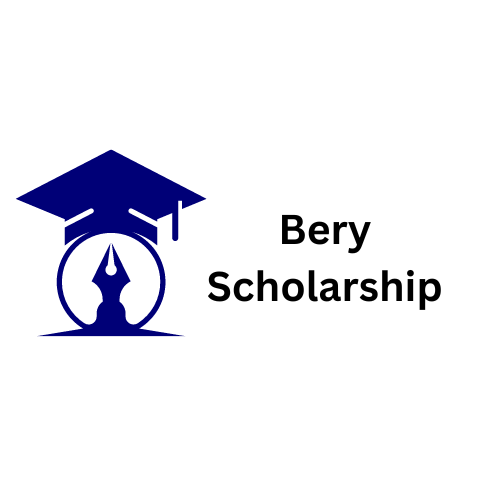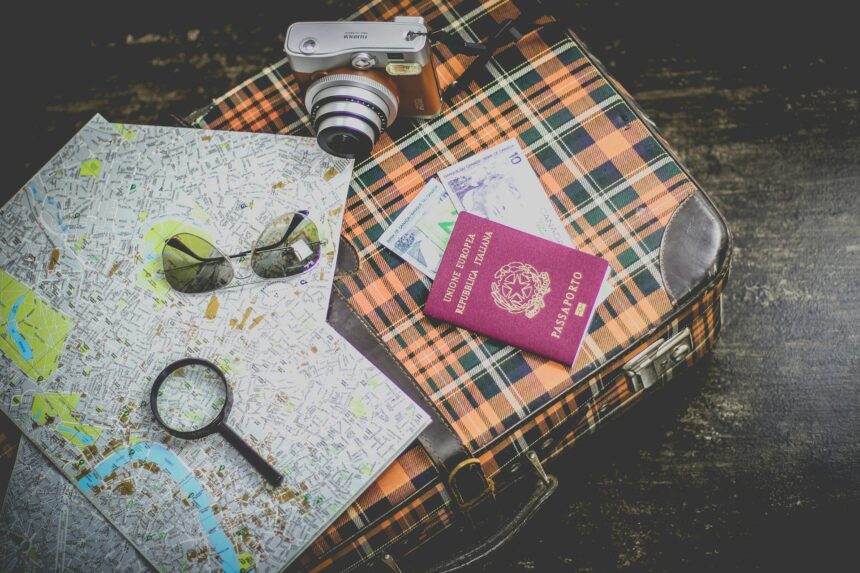What are the Basic and Additional Documents Required for Studying Abroad on a Scholarship?
Basic Required Documents for Studying Abroad on a Scholarship:
1. Passport
A passport is an official document issued by your government that certifies your identity and citizenship. It allows you to travel internationally and re-enter your home country.
Details:
Validity: Ensure your passport is valid for at least six months beyond your planned stay.
Pages: Make sure you have enough blank pages for visas and entry/exit stamps.
2. Transcripts from Previous Degrees
Transcripts are official records of your academic performance and courses taken at educational institutions.
Details:
Official Status: They must be issued and certified by the institution’s registrar or equivalent office.
Content: Transcripts typically include grades, credits, and sometimes a grade point average (GPA).
Translations: If the transcripts are not in the language required by the institution you’re applying to, they must be translated by a certified translator.
3. Diplomas from Previous Degrees
Diplomas are certificates issued by educational institutions confirming that you have successfully completed a particular degree or program.
Details:
Originals or Certified Copies: Some institutions may require the original diploma or a certified copy.
Translations: As with transcripts, if the diploma is not in the required language, a certified translation is necessary.
Authentication: Some countries require diplomas to be authenticated (e.g., apostilled or notarized).
4. Resume/CV
A resume or curriculum vitae (CV) is a document that outlines your educational background, work experience, skills, and other relevant information.
Details:
Format: While a resume is typically concise (one to two pages), a CV is more detailed and can be longer.
Content: Include personal details, educational qualifications, work experience, internships, research projects, publications, skills, languages, and extracurricular activities.
Customization: Modify your resume/CV to highlight experiences and skills relevant to the program you are applying for.
5. Letters of Recommendation
Letters of recommendation are written by professors, employers, or other professionals who can vouch for your qualifications and character.
Details:
Number: Most institutions require two to three letters.
Source: Choose recommenders who know you well and can provide detailed, positive, and relevant insights.
Content: The letters should cover your academic achievements, skills, work ethic, character, and suitability for the program.
Submission: Recommendations may be submitted directly by the recommenders through an online portal or sent in sealed envelopes.
These documents are crucial for your application process and help the admissions committee evaluate your qualifications and suitability for their program. Ensure all documents are prepared well in advance and meet the specific requirements of each institution you are applying to.
Additional Documents Often Required When Applying for Scholarships to Study Abroad:
6. Language Proficiency Test Scores
Many institutions require proof of proficiency in the language of instruction, usually English, but sometimes other languages depending on the country.
Details:
Common Tests: For English, common tests include the TOEFL (Test of English as a Foreign Language), IELTS (International English Language Testing System), and PTE (Pearson Test of English).
Minimum Scores: Each institution or scholarship may have specific minimum score requirements.
Validity: Language test scores are usually valid for two years.
Exemptions: Some institutions may waive this requirement if you have completed previous education in an English-speaking country or in English medium. English Proficiency Certificate from your previous intuition.
7. Statement of Purpose (SOP)
The Statement of Purpose is a personal essay where you outline your academic and career goals, and why you are applying to the particular program and institution.
Details:
Content: Include your motivation for applying, your academic and professional background, your research interests, and how the program aligns with your career goals.
Format: Typically, one to two pages in length, well-structured, and free of grammatical errors.
Personalization: Modify each SOP to the specific institution and scholarship you are applying for, demonstrating a clear understanding of what they offer.
8. Motivation Letter
A motivation letter, similar to a Statement of Purpose, is a personal document where you express your interest in the scholarship and the program, highlighting why you are an ideal candidate.
Details:
Introduction: Briefly introduce yourself and state the purpose of the letter.
Academic Background: Discuss your previous education and relevant experiences.
Career Goals: Explain your long-term career goals and how the scholarship and program will help you achieve them.
Reasons for Applying: Highlight why you are interested in this particular scholarship and program.
Conclusion: Summarize your enthusiasm and readiness for the opportunity, and thank the committee for considering your application.
Format: Typically, one page in length, clear, and well-structured.
Personalization: Tailor each motivation letter to the specific scholarship and institution, reflecting your genuine interest and understanding of what they offer.
Learn how to write an effective motivation letter with examples: Read Here
9. Research Proposal (for Master’s and PhD)
For research-based programs, a research proposal outlines the research you intend to undertake during your studies.
Details:
Content: Include a title, background of the study, research questions, objectives, methodology, significance of the research, and a bibliography.
Length: Typically, between 1,500 to 2,500 words, though this can vary by institution.
Clarity: Ensure your proposal is clear, concise, and demonstrates your understanding of the research area and methodologies.
10. Health Fitness Certificate
Some institutions or countries require a medical certificate to ensure you are in good health and fit to travel and study abroad.
Details:
Examination: Usually involves a general health check-up by a certified medical professional.
Content: The certificate should state that you are free from contagious diseases and fit to undertake academic studies.
Validity: Typically, the certificate should be recent, often within three to six months of the application date.
These documents, in addition to the basic required ones, help scholarship committees assess your overall suitability and preparedness for studying abroad. Always check the specific requirements of each scholarship and institution to ensure you provide the necessary documents.









